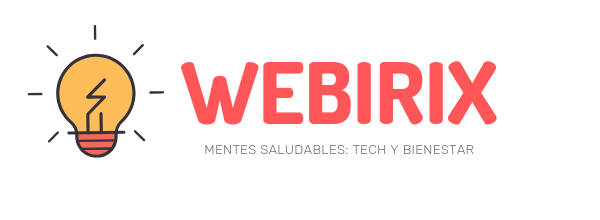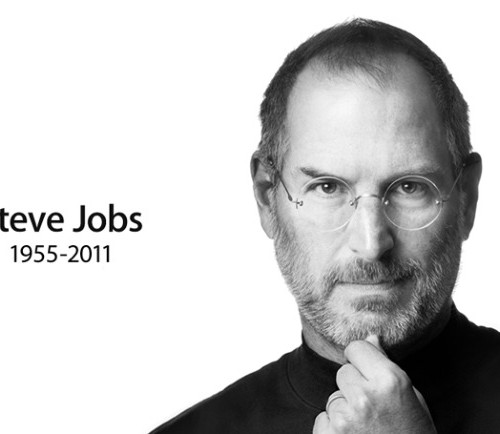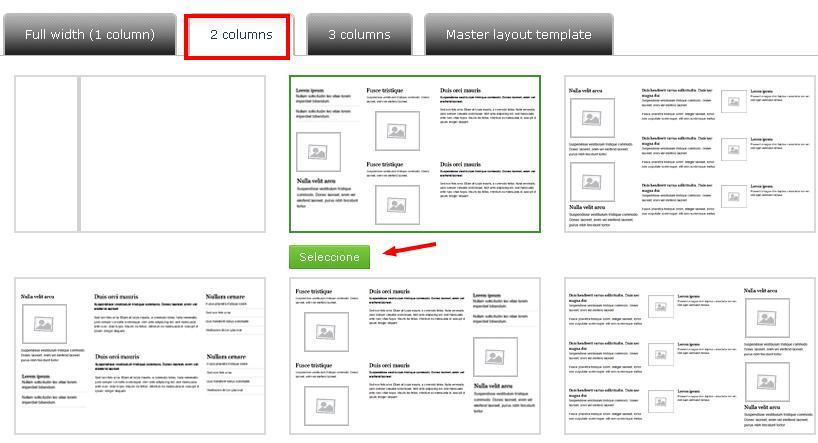In recent years, artificial intelligence has become a topic that everyone talks about due to its great impact on how things are done today. We have gone from having hundreds of programmers designing every aspect of the automation necessary in companies, to these same programmers designing systems that feed on the responses they generate, in order to restructure the code that makes it possible, and thus arrive at a desired goal.
This has many benefits, first, the art of programming focuses on what is really important, designing a program that can understand the results to improve progressively. The result is that programmers have more time to evaluate the direction that AI is taking, and even that this same artificial intelligence reaches solutions that had never been thought before.
Such is the case that happens to us today, since the United States Patent and Trademark Office, the USPTO for its acronym in English, decreed that artificial intelligence cannot be the owner of any patent.
It is here where the debate begins and to a certain extent it can be understood that people did not create this new product, to call it somehow; It is created by artificial intelligence, but in this case, the American patent office maintains that the owner of the patent will be the person who created the artificial intelligence, which makes a lot of sense in the first place.
The problem is magnified when the consequence posed by the patent office is followed, since most of the time, if not almost all of the time, the person responsible for creating this artificial intelligence is not a person, but a large team of people, from a few hundred to a few hundred thousand, then the issue of dividing the patent among so many people becomes untenable.
Another of the most used arguments is that, as such, programmers create artificial intelligence, and have rights over it, but artificial intelligence creates this new patent, since as we mentioned, artificial intelligence is left to do the work alone , the only existing interaction is when data is loaded to process it, but the AI does all the work of reading that data, working it an infinity of times until it obtains the desired result, as a consequence this new patent is created, usually a code to get to this particular task.
Although AI lacks legal power, the debate continues without a resolution that leaves most comfortable. It has long been believed that laws do not advance with technology, and it does for obvious reasons. We have new technologies every day, new patents that make our work easier or that bring with them an innovative product, but the law goes far behind this process, until the product has a certain time on the market.
As long as the debate continues, we will keep you up to date on how the controversy progresses and, above all, what legal consequences it will reach, since the market has to be governed by both sellers and users.[1]
Do not get left behind in the practices of the businesses that are staying afloat, upload your products to an online store take advantage of that KIUBIX is offering a package that includes the WooCommerce, WordPress, SICOFI and Adminit platform all in one, where you will have the opportunity to create and manage your online store like a true professional, this with the help of a expert in web page design, with a system of automatic billing and for a much lower price than renting a place, do not let your business be left behind and create your online store now, enter https://kiubix.mx/tienda-linea-mas-adminit[1][2][3]
[1] (2020, June 15). Creativity Exclusive to the human being? - The universal. It recovered on September 7, 2020 from https://www.eluniversal.com.mx/opinion/miguel-angel-margain/creatividad-exclusiva-del-ser-humano











No Comment